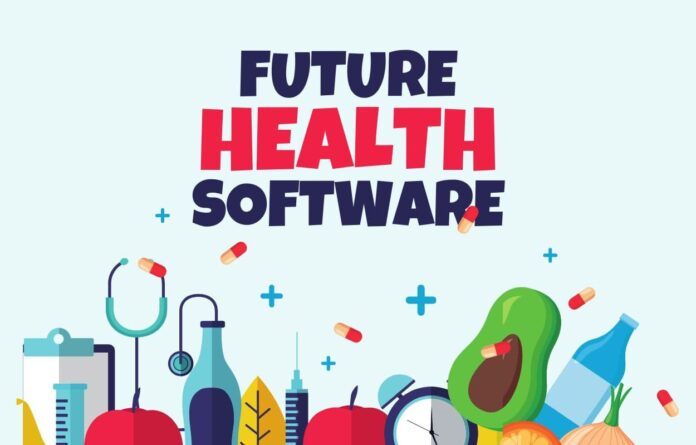Definition of Health Software
Health software encompasses a broad spectrum of applications aimed to support the healthcare industry’s processes and stakeholders. From electronic health records (EHRs) that store patient data to sophisticated diagnostic tools using cutting-edge technologies, these software solutions aim to streamline healthcare delivery and improve patient outcomes. Telehealth platforms, clinical decision support systems, and healthcare analytics tools are just a few examples embodying the essence of health software.
Current Landscape of Health Software
In recent years, health software has seen rapid development. We have witnessed the advent and adoption of cloud-based EHRs, mobile health applications, and a slew of digital platforms focusing on patient engagement and empowerment. These solutions have enabled more efficient data management, facilitated patient-practitioner communication, and fostered personal health tracking on an unprecedented scale.
An Electronic Health Record (EHR) is an electronic version of a patients medical history, that is maintained by the provider over time, and may include all of the key administrative clinical data relevant to that persons care under a particular provider, including demographics, progress notes, problems, medications,
Emerging Trends in Health Software
The acceleration of innovation in health software is crucial in addressing the challenges and needs of the modern healthcare landscape. Let’s delve into some emerging trends:
Artificial Intelligence and Machine Learning
AI and Machine Learning are carving new frontiers in health software by enhancing the capabilities of data analysis to identify patterns, predict outcomes, and personalize treatments. From chatbots that address patient inquiries to algorithms that aid radiologists by spotting minute details on imaging studies, the potential is immense.
Telemedicine and Remote Patient Monitoring
Telemedicine platforms are shrinking the miles between clinicians and patients, facilitating consultations, follow-ups, and even remote procedures through digital means. Now, with remote patient monitoring tools, individuals can have their health metrics tracked and relayed to practitioners in real-time, ensuring a proactive response to any anomalies detected.
Wearable Devices and Health Apps
A proliferation of smart wearable devices and associated health apps has made individuals active participants in tracking their wellness metrics. These tools range from simple fitness trackers to advanced devices monitoring heart rate variability, blood oxygen levels, and sleep patterns.
Examples of Future Health Software
Exploring further into the horizon, let’s look at some anticipated health software innovations
Virtual Reality in Healthcare
Imagine a world where medical students practice complex surgeries without risk to actual patients, or where chronic pain is managed through immersive VR experiences. The integration of VR into healthcare represents one such profound example of future health software.
Blockchain for Medical Records
Blockchain technology promises a secure and immutable way to store and share medical records, potentially overcoming issues of privacy and data breaches. With patient consent, these records could be made available instantly, anywhere in the world – a boon for emergency care and medical research.
Predictive Analytics for Disease Prevention
Predictive analytics harnesses vast datasets to forecast health events before they occur, moving healthcare from a reactive model to a preventive one. This shift could alter the very nature of patient care, prioritizing illness prevention over treatment post-diagnosis.
Insights and Implications
The advent of future health software presents numerous benefits, including enhanced patient care, early disease detection, and individualized treatment paths. However, it also brings with it challenges like data privacy concerns, learning curves for both practitioners and patients, and the necessity for robust cyber security measures.
Conclusion
In closing, the future of health software lies in continual innovation, research, and most importantly, collaborative efforts throughout the health technology sector. Advancements in this field must keep pace with societal and technological changes while remaining vigilant about regulatory and ethical considerations. Embracing this evolving digital landscape promises a healthcare future that is more accessible, efficient, and personalized than ever before.













